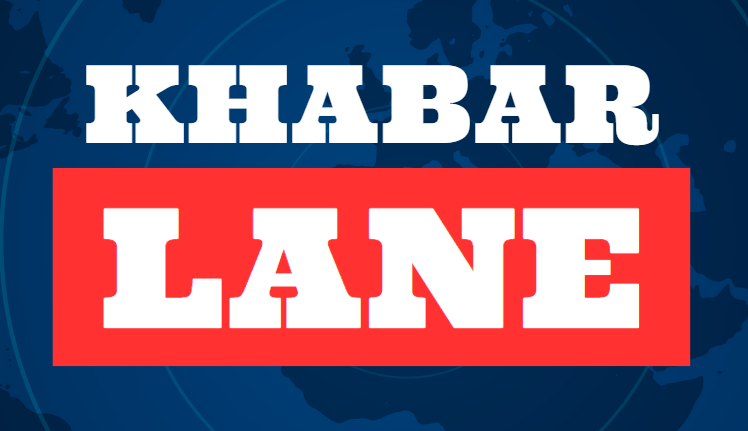
TikTok, the popular short-video platform, has been at the center of controversy in the United States due to concerns over data privacy and national security. As of today, the platform’s status remains uncertain, with ongoing debates about a potential ban. This blog explores the current situation surrounding TikTok’s ban in the U.S., its implications, and the steps taken by both TikTok and U.S. regulators.
TikTok’s Popularity in the U.S.
Despite regulatory challenges, TikTok boasts over 150 million active monthly users in the U.S. alone, making it one of the most popular social media platforms. Its unique algorithm and engaging content have cemented its place in American digital culture.
Key Metrics:
- Demographics: Approximately 60% of TikTok users in the U.S. are aged 16-24.
- Usage: The average user spends about 52 minutes per day on the platform.
- Revenue: TikTok’s advertising revenue in the U.S. is projected to surpass $6 billion annually by 2025.
The Push for a Ban
National Security Concerns
U.S. lawmakers and government officials have raised concerns about TikTok’s parent company, ByteDance, and its ties to the Chinese government. The primary worry is that TikTok could be compelled to share U.S. user data with Chinese authorities, posing a national security threat.
Key Events:
- Trump Administration’s Actions (2020):
- Former President Donald Trump signed executive orders to ban TikTok unless its U.S. operations were sold to an American company.
- The proposed sale to Oracle and Walmart was never finalized, and federal courts blocked the bans.
- State-Level Restrictions:
- Several U.S. states have banned TikTok on government-issued devices, citing security concerns.
- Congressional Hearings and Proposed Legislation (2023):
- TikTok CEO Shou Zi Chew faced intense questioning during a congressional hearing in 2023, where lawmakers expressed bipartisan support for restricting or banning the platform.
- Proposed bills like the RESTRICT Act aim to give the federal government broader authority to address security risks from foreign-owned apps.
TikTok’s Efforts to Avoid a Ban
In response to the growing scrutiny, TikTok has taken several measures to reassure U.S. regulators and the public:
- Project Texas:
- A $1.5 billion initiative to store U.S. user data on Oracle’s cloud servers and establish an independent oversight board to monitor data security.
- Transparency Centers:
- TikTok has established transparency centers to allow third-party audits of its data practices and algorithms.
- Engagement with Lawmakers:
- TikTok has ramped up lobbying efforts to highlight its economic contributions and cultural significance in the U.S.
Potential Impacts of a Ban
If a nationwide TikTok ban were to be implemented, it would have far-reaching consequences:
- Economic Impact:
- TikTok supports thousands of U.S.-based jobs and enables businesses and creators to generate significant income through the platform.
- A ban could disrupt these economic opportunities.
- Cultural Impact:
- TikTok trends influence music, fashion, and political activism. Its absence could leave a void in American digital culture.
- Geopolitical Ramifications:
- A ban could escalate tensions between the U.S. and China, further complicating trade and diplomatic relations.
The Road Ahead
TikTok’s fate in the U.S. remains in limbo, with regulators continuing to assess the platform’s risks. While a complete ban is possible, TikTok’s efforts to address security concerns and its widespread popularity make such an outcome highly contentious.
Key Predictions:
- Stronger Regulations: TikTok may face stricter oversight and compliance requirements rather than an outright ban.
- Increased Localization: The platform could expand initiatives like Project Texas to further separate its U.S. operations from its Chinese parent company.
- Public Backlash: A ban could spark significant backlash from users, businesses, and creators who rely on the platform.
Chinese officials and administrators have consistently opposed the idea of a TikTok ban in the United States.
framing it as a politically motivated decision that lacks substantive evidence. Here’s a summary of their positions
Public Statements: In various press briefings, spokespeople from the Chinese Ministry of Foreign Affairs have called on the U.S. to stop politicizing economic issues and focus on creating a fair environment for international businesses.
Violation of Free Market Principles: Chinese authorities argue that targeting TikTok undermines the principles of free trade and fair competition. They view U.S. actions as an attempt to suppress a successful Chinese company in the global tech market.
Lack of Evidence: Officials have pointed out that there is no concrete evidence to support claims that TikTok poses a national security threat or has shared data with the Chinese government.
Diplomatic Tensions: The Chinese government sees the TikTok ban as part of broader U.S. efforts to contain China’s technological advancements, further straining bilateral relations.
Potential Countermeasures: Some reports suggest that Chinese regulators might consider retaliatory measures if the U.S. enforces a TikTok ban, potentially targeting American companies operating in China.
Also Read : Hollywood in Flames: The Untold Stories of Celebrities’ Lost Mansions
https://khabarlane.com/hollywood-in-flames-the-untold-stories-of-celebrities-lost-mansions/#more-596
